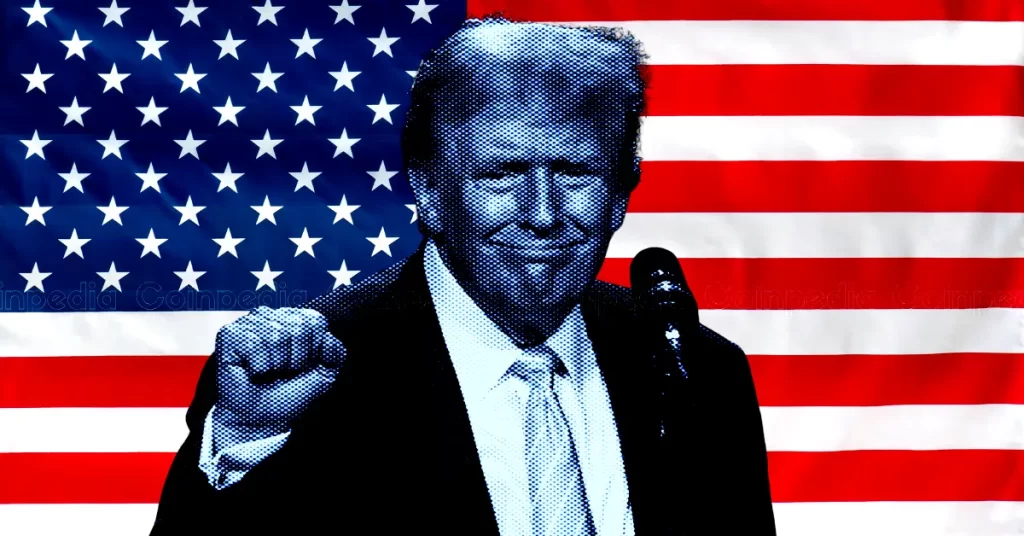
The post Chamath Palihapitiya’s Crypto Strategy: Using Bitcoin to Kickstart a U.S. Sovereign Wealth Fund appeared first on Coinpedia Fintech News
Recently, President Donald Trump ordered the creation of a US sovereign wealth fund within a year. The Treasury and Commerce Departments must present a plan in 90 days, detailing how to fund and manage it. Since the US runs on a deficit, Congress would need to approve the fund before it becomes a reality.
But here’s one analyst who has suggested a plan B to reduce government spending on the Sovereign Wealth Fund.
Analyst Proposes New Idea
Taking a chance on this matter, Billionaire investor Chamath Palihapitiya has floated an interesting idea—what if the U.S. government uses its Bitcoin holdings to kickstart a new sovereign wealth fund? With the U.S. holding about 198,109 BTC, worth roughly $19.4 billion, Palihapitiya suggests that instead of borrowing money, the government could use these Bitcoin holdings while slowly selling off assets like its 50% stake in TikTok.
Palihapitiya estimates that through careful asset management, the government could generate $50-100 billion over the next two to three years—without the need for borrowing.
Moreover, he recommends that the sovereign wealth fund be diversified across index funds, bonds, hedge funds, and private equity, with venture capital making up less than 10% of the portfolio. This idea is to ensure that the money rotates rightfully and gives long-term returns while minimizing risk.
As per the Bloomberg report, Treasury Secretary Scott Bessent said that funds are on the way and it will take 12 months. These funds can provide long-term stability in the US economy.
A First for the U.S.
While states like Alaska have successfully started their sovereign wealth funds for years, the federal government has never established one. Countries like Norway and the UK have already used Bitcoin in their financial strategies. Norway’s sovereign wealth fund has invested in crypto businesses, and the UK government holds around 61,200 BTC.
These investments serve as hedges against inflation and diversify risk, especially since Bitcoin doesn’t move in sync with traditional assets like stocks and bonds. If the U.S. adopts a similar approach, it could signal a major shift in how governments manage digital assets.

 7 months ago
40
7 months ago
40




 English (US) ·
English (US) ·